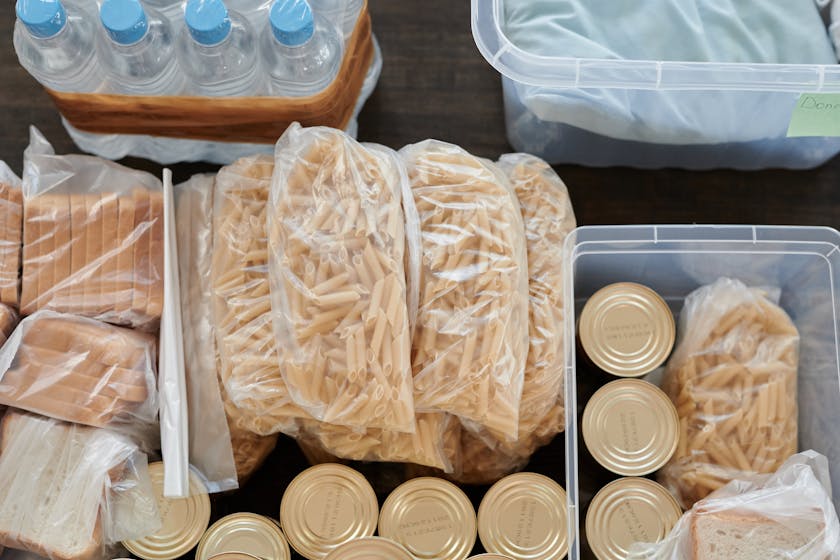When it comes to emergency preparedness, having a strategy for bulk meal storage is essential. Storing ample food can ensure that you and your loved ones remain nourished during unexpected events. This how-to guide will walk you through the process of effectively storing meals for emergencies.
The Importance of Bulk Meal Storage
Emergencies, whether natural disasters or unforeseen circumstances, can disrupt the normal supply chain and make it challenging to procure food. That’s why bulk meal storage is a crucial element of any emergency plan. By preparing in advance, you can maintain peace of mind knowing that your basic needs are covered.
Assessing Your Needs
Before you start purchasing or preparing food to store, it’s important to assess how much you’ll need. Consider the number of people in your household and the length of time you want to be prepared for. A general rule of thumb is to have at least a three-day supply of food for each person, but many opt for a two-week supply or longer.
Choosing the Right Foods
When selecting foods for bulk storage, focus on non-perishable items that have a long shelf life. Here are some ideal options:
- Dried beans and legumes
- Rice and grains
- Canned fruits, vegetables, and meats
- Powdered milk and dried dairy products
- Nuts and seeds
- Pasta
Proper Storage Techniques
Storing your bulk meals correctly is vital to ensure they remain safe and nutritious when needed. Keep your food in a cool, dark, and dry place. Use airtight containers to protect against pests and moisture. Label each container with the contents and the date of storage to help keep track of expiration dates.
Consider Freezing and Dehydrating
Freezing and dehydrating foods are two effective methods for extending the shelf life of perishable items. You can freeze cooked meals, fruits, vegetables, and proteins. Dehydrated foods are lightweight and perfect for situations where space is limited.
Rotate Your Stock
To keep your bulk meal storage fresh, implement a rotation system. Use the oldest items first and replace them with new supplies. This practice ensures that nothing goes to waste and that your stock remains up-to-date.
Practice Safe Handling
When it’s time to use your stored meals, practice safe handling and preparation. Always check for signs of spoilage and be aware of proper cooking temperatures to ensure food safety.
By following these steps for bulk meal storage, you’ll be better equipped to handle emergencies with confidence. Remember, preparation is key to ensuring your family’s well-being in times of crisis.
For more tips on emergency preparedness and food storage, stay tuned to our blog and explore our array of resources.


